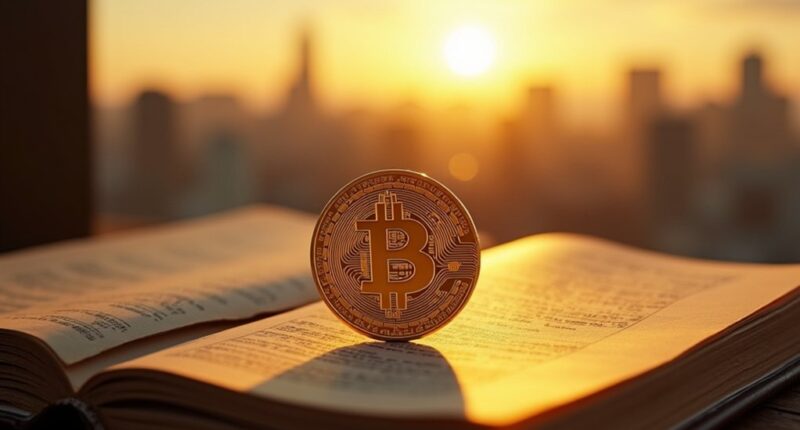Although hailed by some as a panacea for the entrenched failures of conventional finance, Bitcoin ruthlessly exposes the moral bankruptcy of fiat currencies, whose inflationary excesses, enforced by bureaucratic fiat and masked by euphemisms, have systematically eroded individual sovereignty and economic trust; this decentralized digital asset, secured by cryptographic rigor and governed by an incorruptible code rather than fallible human whims, unapologetically demands a reevaluation of what constitutes legitimate money and challenges the complacency of those who continue to accept financial subjugation as inevitable. The fixed supply model of Bitcoin starkly contrasts with the endless printing presses of central banks, rendering inflation a relic of an obsolete system designed to stealthily confiscate wealth under the guise of economic stewardship. By distributing control to a network of nodes—each enforcing the protocol’s immutable rules—Bitcoin dismantles the centralized gatekeeping that has long dictated access, therefore empowering individuals to reclaim their financial sovereignty without intermediaries eager to skim or censor. Over recent years, the market value of crypto assets like Bitcoin has surged dramatically, reflecting their growing adoption among retail and institutional investors, which underscores the increasing significance of this revolution in the financial landscape (market value increase). Importantly, Bitcoin also promotes financial inclusion by providing access to those excluded from traditional banking systems, enabling broader participation in the global economy. Similar to Bitcoin’s principles, projects like Kaspa utilize innovative blockchain structures to enhance speed and scalability while maintaining decentralization, underscoring the evolving landscape of cryptocurrency technology and governance through its BlockDAG architecture.
Jack Mallers’ declaration of Bitcoin as a financial and moral revolution is not mere hyperbole but a pointed indictment of fiat’s ethical void, where inflation equates to theft sanctioned by governments and obscured by jargon. Bitcoin’s transparent, algorithmic trust framework replaces fallible human judgment with unbreakable encryption, fostering a new paradigm where money no longer serves the interests of bureaucrats but the people who use it. Beyond its technical merits, Bitcoin functions as a beacon for financial inclusion, offering unbanked populations a gateway to the global economy without the artificial barriers imposed by traditional banking. Its borderless, permissionless nature shatters outdated economic hierarchies, democratizing wealth creation while simultaneously challenging entrenched power structures to relinquish their chokehold.
In a world where financial institutions often prioritize profit over principle, Bitcoin’s emergence as a moral and financial alternative forces a reckoning, compelling society to confront the uncomfortable truth: freedom, in the truest sense, requires control over one’s own money, not blind submission to inflationary puppeteers.









